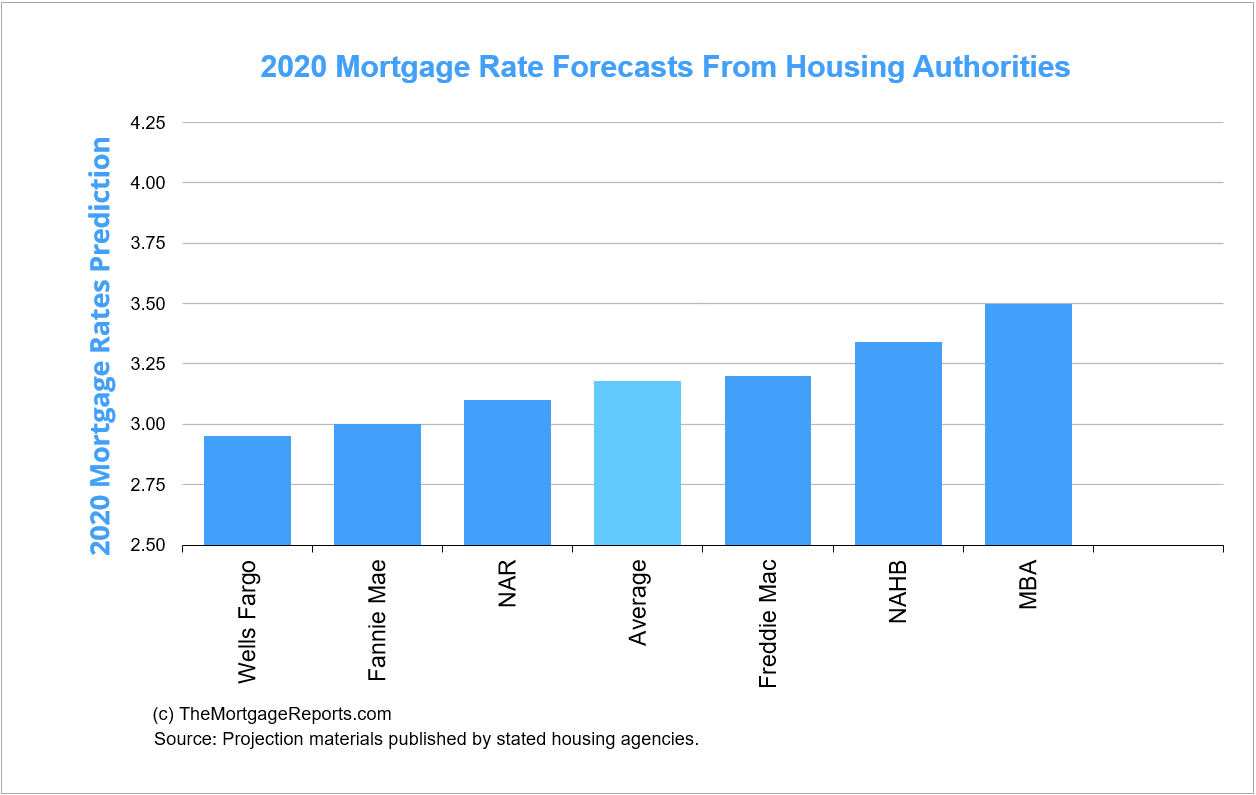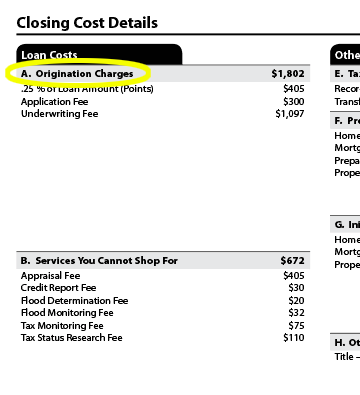Table of Contents10 Easy Facts About What Percentage Of Mortgages Are Fha ExplainedThe 30-Second Trick For How Do Escrow Accounts Work For Mortgages9 Easy Facts About How Did Subprime Mortgages Contributed To The Financial Crisis DescribedThe Ultimate Guide To What Is The Current Interest Rate For Commercial Mortgages?The Buzz on How Reverse Mortgages Work
If you need to take a property buyer course in the next few months, we recommend the online course. Have concerns about buying a home? Ask our HUD-certified real estate therapy group to get the answers you require today. how much can i borrow mortgages.
The majority of people's monthly payments likewise consist of additional quantities for taxes and insurance. The part of your payment that goes to primary minimizes the amount you owe on the loan and builds your equity. The part of the payment that goes to interest does not reduce your balance or build your equity. So, the equity you integrate in your home will be much less than the amount of your month-to-month payments.
Here's how it works: In the beginning, you owe more interest, since your loan balance is still high. So the majority of your month-to-month payment goes to pay the interest, and a little bit goes to settling the principal. Over time, as you pay down the principal, you owe less interest monthly, since your loan balance is lower.
Near completion of the loan, you owe much less interest, and the majority of your payment goes to pay off the last of the principal. This process is referred to as amortization. Lenders utilize a standard formula to determine the regular monthly payment that enables just the correct amount to go to interest vs.
Facts About How To Calculate How Much Extra Principal Payments On Mortgages Uncovered

You can use our calculator to calculate the monthly wesley financial group complaints principal and interest payment for different loan amounts, loan terms, and rates of interest. Idea: If you're behind on your home mortgage, or having a difficult time making payments, you can call the CFPB at (855) 411-CFPB (2372) to be linked to a HUD-approved housing counselor today.
If you have an issue with your home mortgage, you can submit a complaint to the CFPB online or by calling (855) 411-CFPB (2372 ).
Most likely among the most complicated features of home loans and other loans is the computation of interest. With variations in compounding, terms and other aspects, it's hard to compare apples to apples when comparing mortgages. Often it looks like we're comparing apples to grapefruits. For example, what if you wish to compare a 30-year fixed-rate home mortgage at 7 percent with one indicate a 15-year fixed-rate mortgage at 6 percent with one-and-a-half points? First, you have to keep in mind to also consider the charges and other expenses associated with each loan.
Lenders are needed by the Federal Fact in Loaning Act to reveal the efficient portion rate, in addition to the overall financing charge in dollars. Advertisement The interest rate (APR) that you hear a lot about permits you to make real comparisons of the real costs of loans. The APR is the typical annual finance charge (which consists of fees and other loan expenses) divided by the quantity obtained.
What Is The Interest Rates On Mortgages - An Overview
The APR will be slightly higher than the rates of interest the lender is charging since it consists of all (or most) of the other costs that the loan brings with it, such as the origination cost, points and PMI premiums. Here's an example of how the APR works. You see an advertisement offering a 30-year fixed-rate home loan at 7 percent with one point.
Easy option, right? Really, it isn't. Thankfully, the APR thinks about all of the small print. State you require to obtain $100,000. With either lender, that suggests that your monthly payment is $665.30. If the point is 1 percent of $100,000 ($ 1,000), the application cost is $25, the processing fee is $250, and the other closing charges amount to $750, then the overall of those charges ($ 2,025) is subtracted from the actual loan amount of $100,000 ($ 100,000 - $2,025 = $97,975).
To find the APR, you identify the rate of interest that would correspond to a month-to-month payment of $665.30 for a loan of $97,975. In this case, it's actually 7.2 percent. So the 2nd lender is the better deal, right? Not so fast. Keep checking out to find out about the relation in between APR and origination fees.
A mortgage loan or just home mortgage () is a loan used either by buyers of real estate to raise funds to buy real estate, or alternatively by existing residential or commercial property owners to raise funds for any purpose while putting a lien on the property being mortgaged. The loan is "secured" on the customer's property through a procedure known as home mortgage origination.
The Best Guide To What Are Basis Points In Mortgages
The word mortgage is originated from a Law French term used in Britain in the Middle Ages suggesting "death promise" and describes the pledge ending (passing away) when either the responsibility is fulfilled or the property is taken through foreclosure. A home mortgage can also be described as "a debtor providing consideration in the type of a security for a benefit (loan)".
The loan provider will generally be a banks, such as a bank, credit union or developing society, depending on the country worried, and the loan plans can be made either straight or indirectly through intermediaries. how much can i borrow mortgages. Functions of mortgage such as the size of the loan, maturity of the loan, rates of interest, technique of settling the loan, and other qualities can differ considerably.
In many jurisdictions, it is regular for house purchases to be funded by a mortgage. Couple of people have adequate savings or liquid funds to allow them to acquire property outright. In countries where the demand for own a home is greatest, strong domestic markets for home mortgages have actually developed. Mortgages can either be funded through the banking sector (that is, through short-term deposits) or through the capital markets through a process called "securitization", which converts pools of mortgages into fungible bonds that can be offered to financiers in little denominations.
For that reason, a mortgage is an encumbrance (restriction) on the right to the residential or commercial property just as an easement would be, but due to the fact that the majority of home loans take place as a condition for new loan money, the word mortgage has ended up being the generic term for a loan secured by such real estate. Similar to other kinds of loans, mortgages have an rates of interest and are scheduled to amortize over a set amount of time, normally thirty years.
How Long Are Mortgages Things To Know Before You Get This
Home loan loaning is the primary mechanism utilized in lots of nations to fund private ownership of residential and industrial residential or commercial property (see industrial mortgages). Although the terms and accurate kinds will differ from nation to nation, the basic elements tend to be similar: Residential or commercial property: the physical residence being funded. The exact kind of ownership will vary from country to nation and might restrict the types of financing that are possible. what is the current interest rate for mortgages.

Restrictions may include requirements to acquire house insurance and home loan insurance, or settle outstanding debt before selling the residential or commercial property. Debtor: the person loaning who either has or is producing an ownership interest in the property. Loan provider: any lending institution, however usually a bank or other monetary organization. (In some countries, particularly the United States, Lenders might also be investors who own an interest in the home loan through a mortgage-backed security.
The payments from the customer are thereafter gathered by a loan servicer.) Principal: the initial size of the loan, which might or might not consist of particular other costs; as any https://simonnogb339.tumblr.com/post/627525231309914112/h1-style-clearboth-id-content-section-0-a principal is paid back, the principal will decrease in size. Interest: a monetary charge for usage of the lender's cash.